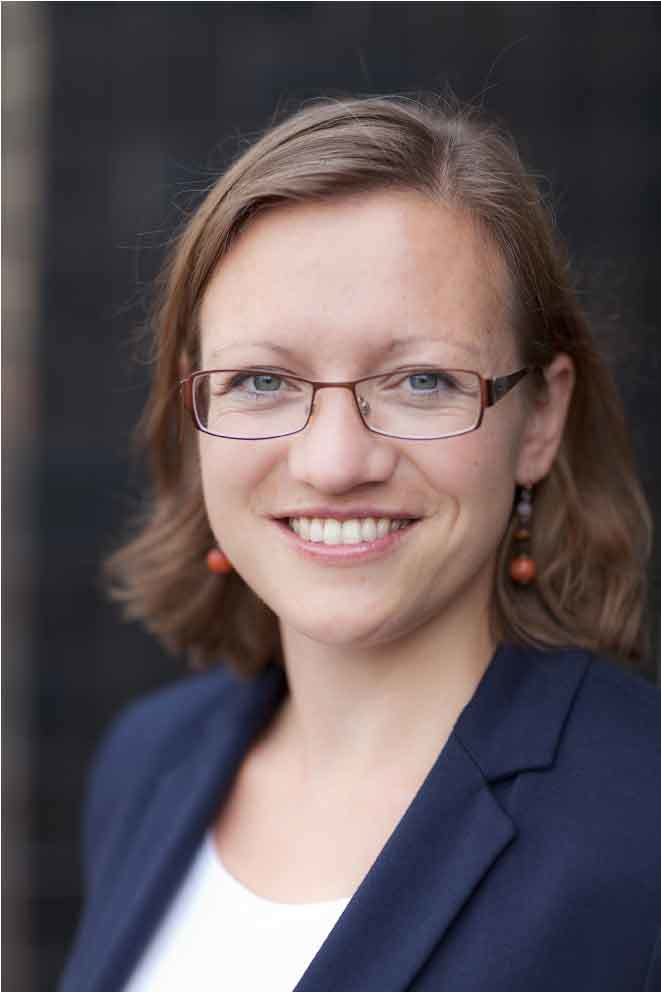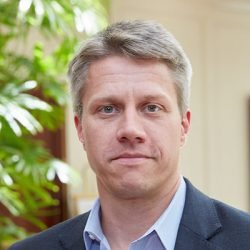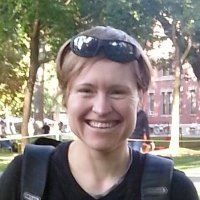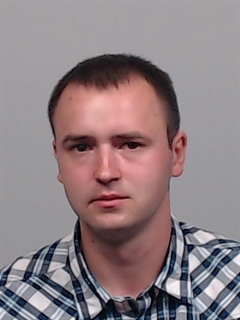Dr. Cornelia Welte (Radboud University in Nijmegen)
Biological Colloquium at the Biology Center of the Christian-Albrechts-University Kiel
Monday, 23 January 2017, 4:15 pm
Lecture hall E 60 of the Biology Center
Am Botanischen Garten 5
As guest of the CRC 1182
Dr. Cornelia Welte
Radboud University in Nijmegen, The Netherlands
Talks about:
Detoxifying symbiosis in pest insects
Pest insects lead to excessive agricultural and therefore economical losses on crops
worldwide (1). In recent years, research on insect-microbe symbioses has recognized
that microbial symbionts may play a role in protecting against toxic molecules that are
inherent to plant defenses, leading to a form of defensive symbiosis between the pest
insect and different types of microorganisms termed detoxifying symbiosis. We
investigate the detoxifying symbiosis of cabbage root flies which are challenged by
toxic isothiocyanates from their host plants (2,3). To achieve this, we use biochemical,
molecular and environmental techniques to generate a comprehensive understanding
of multispecies interactions.
(1) van den Bosch TJM, Welte CU (2017) Detoxifying symbionts in agriculturally important pest insects.
Microb Biotechnol, in press. doi: 10.1111/1751-7915.12483
(2) Welte CU, Rosengarten JF, de Graaf RM, Jetten MSM (2016) SaxA-mediated isothiocyanate
metabolism in phytopathogenic pectobacteria. Appl Environ Microbiol 82: 2372-9
(3) Welte CU, de Graaf RM, van den Bosch TJM, Op den Camp HJ, van Dam NM, Jetten MSM (2016)
Plasmids from the gut microbiome of cabbage root fly larvae encode SaxA that catalyzes the conversion of
the plant toxin 2-phenylethyl isothiocyanate. Environ Microbiol 18: 1379-90
Who
When
January 23rd, 2017
16:15





